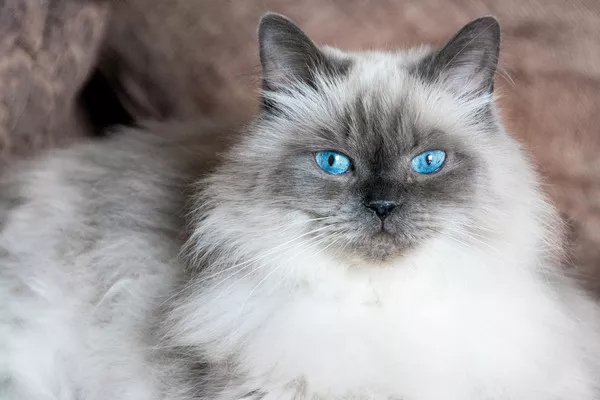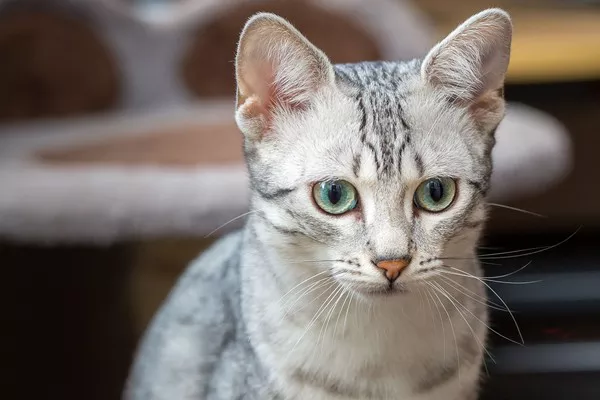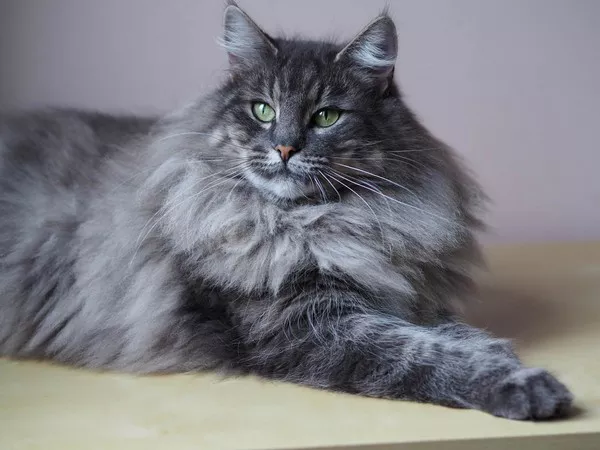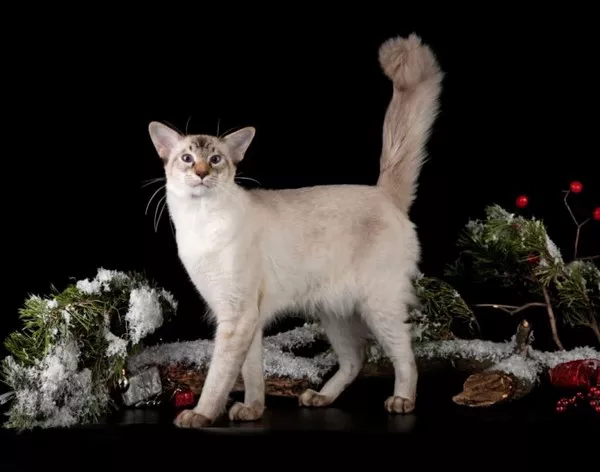Cats, with their discerning taste buds and unique dietary needs, often prompt pet owners to explore various food options. While commercial cat food is formulated to meet feline nutritional requirements, the question of incorporating cooked beef into a cat’s diet arises for many pet owners. In this comprehensive guide, we delve into the intricacies of feeding cooked beef to cats, examining the potential benefits and risks. Understanding the role of cooked beef in a cat’s diet is essential for responsible pet ownership and ensuring optimal feline health.
The Nutritional Composition of Beef:
Beef, being a rich source of protein and essential nutrients, may seem like a suitable addition to a cat’s diet. However, it’s essential to consider the nutritional composition of cooked beef and how it aligns with a cat’s dietary needs:
Protein:
Beef is a high-quality source of protein, providing essential amino acids necessary for muscle maintenance and overall health.
Fat:
While cats require fat in their diet, it’s important to balance the fat content to prevent excessive calorie intake and potential weight-related issues.
Taurine:
Taurine is an amino acid vital for cats, and its deficiency can lead to severe health issues. While beef contains taurine, cooking processes may impact its availability.
The Pros of Feeding Cooked Beef to Cats:
Protein Source:
Cooked beef can serve as a valuable protein source, contributing to muscle development and overall health.
Palatability:
Many cats find the taste and aroma of cooked beef appealing, making it a palatable option for those with discerning tastes.
Variety in Diet:
Introducing cooked beef in moderation can add variety to a cat’s diet, preventing monotony and potentially encouraging a healthy appetite.
The Cons and Risks of Feeding Cooked Beef to Cats:
Taurine Deficiency:
While beef contains taurine, the cooking process may degrade its availability. Taurine deficiency can lead to serious health issues, including heart and vision problems.
Unbalanced Diet:
Feeding an exclusive or predominantly beef-based diet may lead to an unbalanced nutrient profile, lacking essential vitamins and minerals.
Fat Content:
Beef can have a high-fat content, and excessive fat intake may contribute to obesity and related health issues in cats.
Seasonings and Additives:
Commercially available cooked beef products may contain seasonings, additives, or preservatives that are not suitable for cats. Plain, unseasoned cooked beef is preferable.
Preparing Cooked Beef for Cats:
When considering incorporating cooked beef into a cat’s diet, it’s crucial to prepare it in a way that preserves its nutritional value and minimizes potential risks:
Plain and Unseasoned:
Offer plain, unseasoned cooked beef without added spices, salt, or seasonings. Cats are sensitive to certain additives that may be harmful to their health.
Cooking Methods:
Opt for cooking methods that retain the nutritional integrity of the beef. Boiling, baking, or grilling without excessive fat or oil are suitable options.
Taurine Supplementation:
To mitigate the risk of taurine deficiency, consider consulting with a veterinarian about potential taurine supplementation if cooked beef becomes a significant part of the cat’s diet.
Moderation and Balanced Nutrition:
Feeding cooked beef to cats should be approached with moderation and a commitment to providing a well-balanced diet. Consider the following guidelines:
Dietary Variety:
While cooked beef can be part of a cat’s diet, it should not replace a nutritionally complete and balanced cat food. Variety in protein sources, including poultry and fish, contributes to a more comprehensive nutritional profile.
Consultation with a Veterinarian:
Before making significant changes to a cat’s diet, consult with a veterinarian. They can provide guidance on appropriate portion sizes, nutritional balance, and potential supplementation.
Monitoring Health:
Regularly monitor the cat’s health, including weight, coat condition, and overall well-being. Any significant changes may indicate a need for dietary adjustments.
See Also: 4 Consequences of Cats Consuming Spicy Food
Conclusion:
Cooked beef can be a tempting and nutritious addition to a cat’s diet when offered responsibly and in moderation. While cats can benefit from the protein and essential nutrients found in beef, it’s crucial to address potential pitfalls, such as taurine deficiency and unbalanced nutrition. Responsible pet ownership involves a thoughtful approach to dietary choices, ensuring that they align with a cat’s specific nutritional needs. By striking a balance between variety, moderation, and nutritional completeness, pet owners can provide their feline companions with a diverse and nourishing diet that contributes to their overall health and happiness.



























